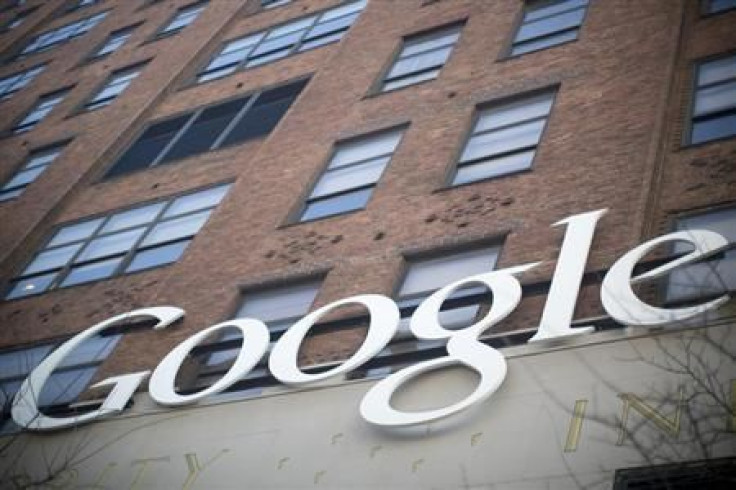Did The NSA’s Internet Surveillance Damage American Cyber Power?

The revelation that the U.S. government uses America’s top Internet companies to help them track terrorists has landed those companies in hot water, particularly abroad.
In Washington, D.C., the symbol of the nation's cyberpower is the National Security Agency, the government’s secretive electronic surveillance arm. But Jason Healey, who heads the Cyber Statecraft Initiative at the Atlantic Council, says this viewpoint is actually backward: America’s real clout as a cyberpower actually comes from the companies that are innovating and dominating the Internet -- Facebook, Google, Microsoft, Twitter and many more.
Now, according to Healey, the NSA’s Internet spying program, which focuses on foreign surveillance, may have dealt a serious blow to those companies that keep America on top.
“By compelling American companies to participate, completely not in their shareholders’ interests or their customers’ interests, to participate in American hard cyberpower, we really are putting this larger American cyberpower at risk,” Healey said Thursday, speaking during a panel discussion at the Brookings Institute in Washington.
One possible result of the NSA’s surveillance programs is that foreign governments and companies might try to stop using America's Internet companies for social media or cloud computing, among other things.
“It would be a very rational reaction for foreign companies, people in governments, it would be rational for them to ... choose to avoid U.S. cyberspace wherever they can, such as by finding alternate routes, if they can find routes that don’t go through the United States,” Healey said. “Or they can start building their own infrastructure and companies rather than relying on U.S. companies.”
He said, “This will be to the detriment of U.S. companies and ultimately to U.S. cyberpower.”
Investing in new infrastructure and companies would take time, but there have also been predictions that tech companies will suffer in the short term. According to technology security expert Richard Stiennon, foreign buyers already viewed U.S. tech companies suspiciously due to previous rumors about the NSA’s activities. “Since 2006, every time I present outside the U.S., the same question has been asked: ‘Is the U.S. reading our email?’” Stiennon wrote in Forbes earlier this month. “From this week forward, a universal suspicion has transformed into acknowledged fact.”
The NSA’s activities could also deal a blow to the U.S. government’s vision of a free and open Internet – the Brookings event was even called “The NSA Versus the Global Internet.” As Bruce Schneier, a technology security expert, wrote on his blog this week, “Now, when countries like Russia and Iran say the U.S. is simply too untrustworthy to manage the Internet, no one will be able to argue."
Tech companies, for their part, have been trying to minimize the damage the revelation of the NSA program did to their reputations, though the companies are restricted by the gag rule that accompanies the data requests from the Foreign Intelligence Surveillance Court. Google, for example, has asked the court to allow it to release the number of queries the company received from the government.
The Obama administration, on the other hand, has strongly defended its surveillance programs, particularly the interception of foreign Internet communications, claiming that it has stopped dozens of terrorist threats since the Sept. 11, 2001, attacks.
© Copyright IBTimes 2024. All rights reserved.












